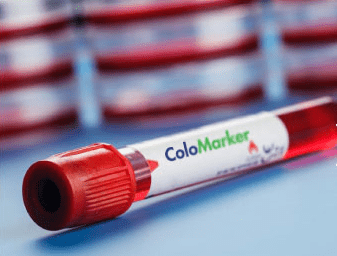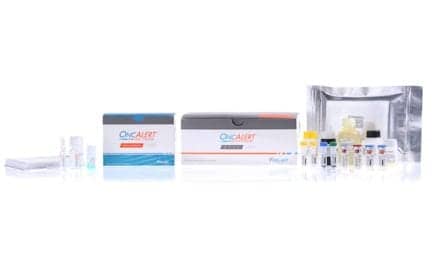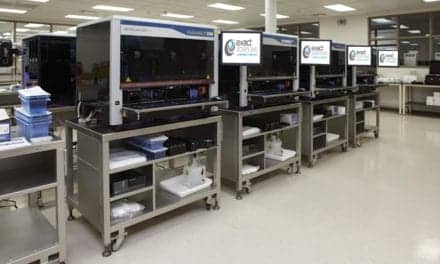Sebia, a provider of multiple myeloma diagnostics and monitoring solutions, announced the launch of its serum-based minimal residual disease (MRD) test for monitoring in multiple myeloma, M-inSight.
M-inSight is a laboratory-developed test being offered by Corgenix, which is College of American Pathologists (CAP)-accredited, Clinical Laboratory Improvement Amendments (CLIA) – licensed clinical laboratory, and part of the Sebia Group.
M-inSight is a personalized, targeted mass spectrometry assay, to detect with unprecedented sensitivity the monoclonal protein (M-protein) secreted by the patient’s tumor cells in serum, the company says. The technology is based on clonotypic peptides mass spectrometry, which avoids interference with the polyclonal background leading to an ultra-sensitive test.
MRD describes the low levels of myeloma cells that persist in the bone marrow after treatment but cannot be detected with conventional outcome measures and eventually lead to relapse. MRD status is an important prognostic marker and studies have shown its potential as a surrogate endpoint for progression-free survival. MRD testing monitors the effectiveness of a treatment and could be a driver in treatment decisions.
As new therapies emerge to treat patients suffering from multiple myeloma, there is an urgent need for high-sensitivity MRD testing in serum to track disease burden and treatment efficacy, without the limitations of current bone marrow-based assays. These are typically invasive, painful and not suited for frequent measurement.
Further reading: Mission Bio Launches Single-Cell MRD Assay for Blood Cancer Patients
M-inSight was developed in partnership with Erasmus Medical Center, Rotterdam and Radboud University Medical Center, Nijmegen, both in The Netherlands.
“We are proud to launch M-inSight to improve the management of multiple myeloma and quality of life for patients, as well as assisting in the drug development and validation process,” says Pierre Sonigo, MD PhD, CSO, chief scientific officer at Sebia. “By testing in serum with equivalent sensitivity to bone marrow, we will solve current challenges in multiple myeloma MRD-testing, allowing for a more frequent and reliable monitoring of response to treatment.”
Sebia is a global partner covering the process of M-protein testing from initial detection to MRD and is committed to developing other liquid biopsy tests such as Circulating Tumor Cells (CTC) and new biomarkers.




